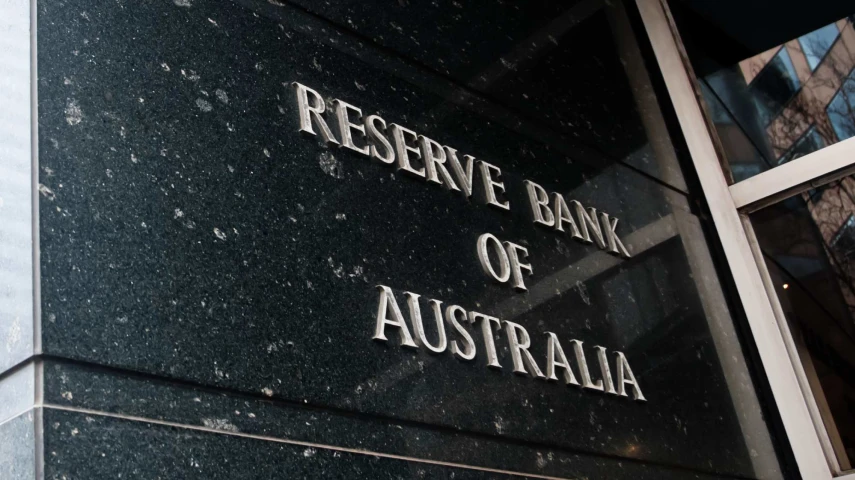T. Rowe Price stays firm on RBA’s hawkish stance



T. Rowe Price remains underweight on Australian bonds and overweight on cash as it holds hawkish expectations on the central bank’s next move.
In its monthly multi-asset update, the investment manager said it expects further volatility in the market pricing of the Reserve Bank of Australia’s (RBA) next meeting.
Earlier this month, the central bank left the cash rate unchanged at 4.35 per cent for the sixth consecutive time, in line with market expectations.
The RBA stated: “The economic outlook is uncertain and recent data have demonstrated that the process of returning inflation to target has been slow and bumpy.
“More broadly, there are uncertainties regarding the lags in the effect of monetary policy and how firms’ pricing decisions and wages will respond to the slower growth in the economy at a time of excess demand, and while conditions in the labour market remain tight.”
With the next monetary policy decision not until 24 September, T. Rowe Price underlined risks for the RBA to be more hawkish than market pricing, given sticky inflation.
“Market pricing of the next move from the RBA is likely to remain volatile, flipping between hiking and cutting rates,” it stated.
“Expect the RBA to be more hawkish than what is priced in.”
Last month, the firm said it had moved underweight on Australian bonds and to an overweight position on cash from neutral, which it retained in August.
Commenting on Australian bonds, it said: “We expect the RBA to be more gradual in their cutting cycle than other central banks.”
In fixed income, T. Rowe Price continues to favour higher-yielding sectors including high yield, and emerging markets bonds as fundamentals remain broadly supportive.
The firm also remains underweight on Australia as a region due to expectations of slowing growth given soft consumption and gradual loosening of the labour market.
“Consumer spending shows signs of weakening, on the back of a slowdown in the job market. Earnings are revised lower, not boding well for the second half of the year.”
Looking at equities, T. Rowe Price is overweight on the asset class overall, but underweight on Australian equities as it “remains cautious on the short term due to weak earnings prospects”.
Instead, its preference sits in the order of Japan, US, emerging markets and Europe.
“We remain modestly overweight equities with the recent pullback broadly improving valuations. While markets remain concentrated, valuations beyond narrow leadership are reasonable with earnings growth supportive.”
Recommended for you
Clime Investment Management has welcomed an independent director to its board, which follows a series of recent appointments at the company.
Ethical investment manager Australian Ethical has cited the ongoing challenging market environment for its modest decrease in assets over the latest quarter.
Commentators have said Australian fund managers are less knowledgeable compared with overseas peers when it comes to expanding their range with ETFs and underestimating the competition from passive strategies.
VanEck is to list two ETFs on the ASX next week, one investing in residential mortgage-backed securities and the other in Indian companies.















